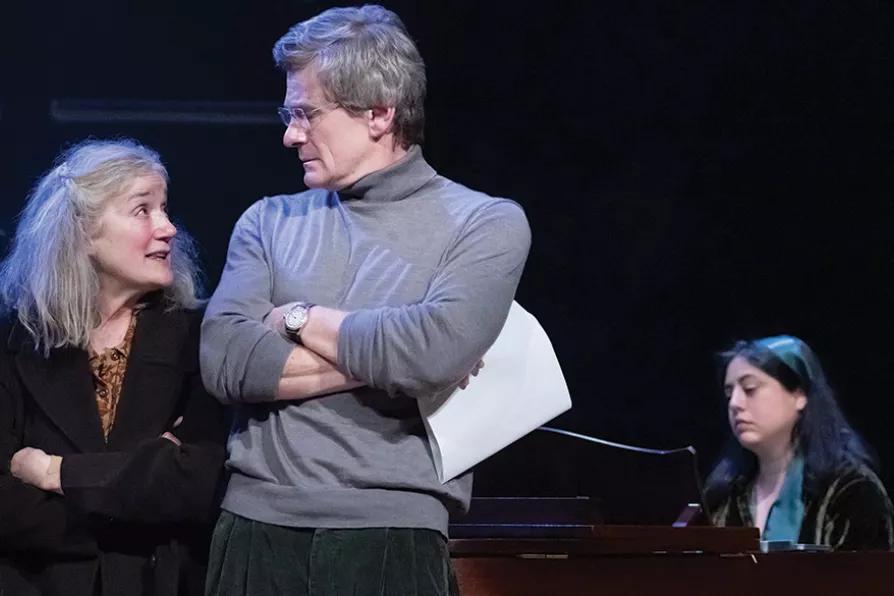MAYER WAKEFIELD has reservations about the direction of a play centered on a DVLA re-training session for three British-Pakistani motorists
An uneven piece that never fully lands
MARY CONWAY is disappointed by a play that often leaves the audience with too little to hold on to as the main thrust of the story

 piano
piano
The Ballad of Hattie and James
The Kiln
IT’S a great story. Talented pianists Hattie and James meet when they’re 16. He progresses through life as a musician while she drops away: another great woman casually junked from the roll call of history.
Only when she, one day, spontaneously pours out her soul with a public performance on the piano at St Pancras International does she suddenly garner fame by going viral on the internet.
A truly gender-driven triumph!
More from this author

MICHAL BONCZA recommends a compact volume that charts the art of propagating ideas across the 20th century

MICHAL BONCZA reviews Cairokee gig at the London Barbican

MICHAL BONCZA rounds up a series of images designed to inspire women













